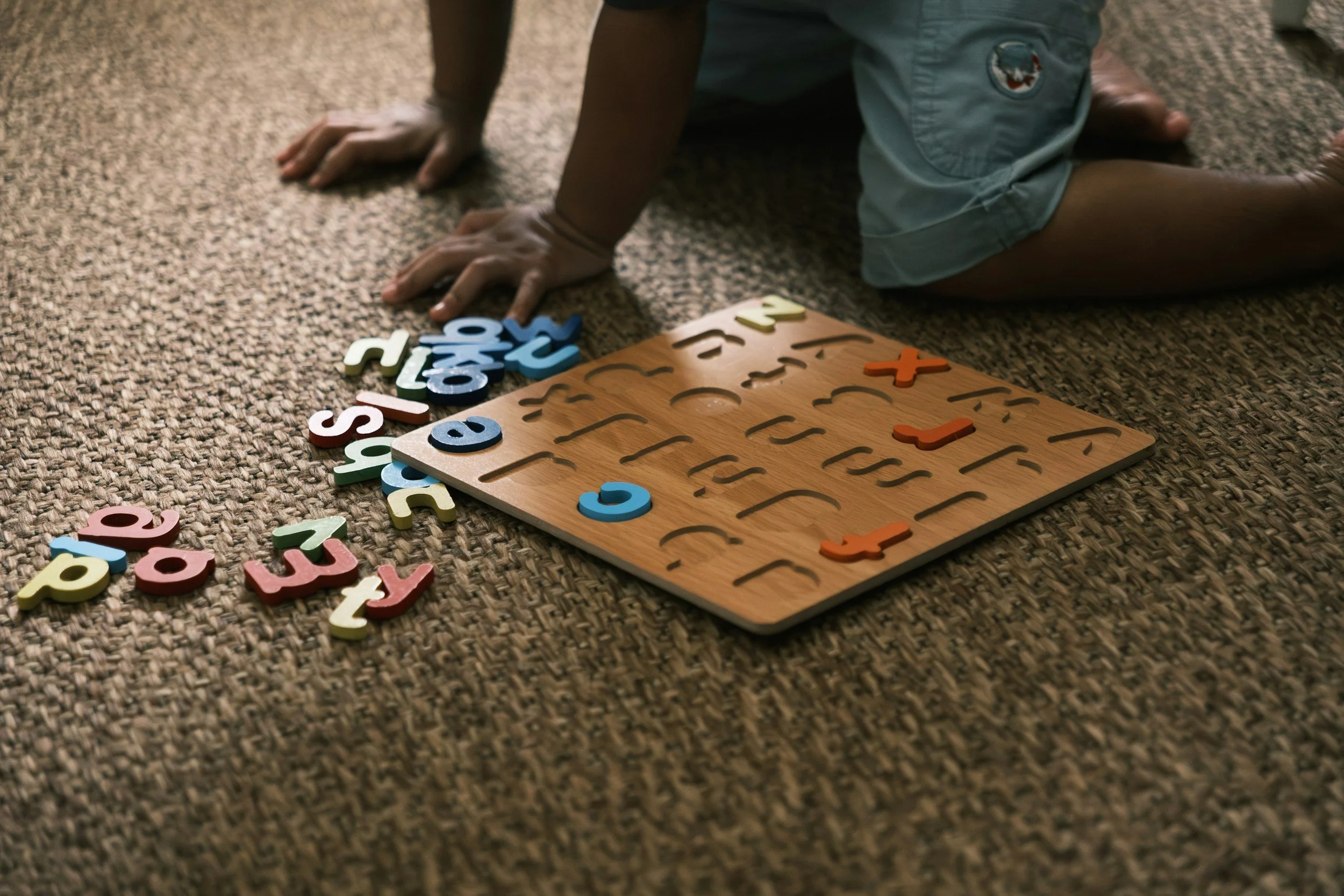
Gifted, Twice Exceptional, and Anxious: Understanding the Inner World of High‑Masking Children
Gifted and twice exceptional children often mask anxiety, sensitivity, and overwhelm. Learn how giftedness and neurodivergence can impact mental health.

The Unexpected Healing Parents Find When Their Child Begins Therapy
When your child begins therapy, healing expands beyond them. Discover how child therapy helps parents co-regulate, heal anxiety, and break generational cycles.

The Foundation of Self-Regulation: Our “Hidden” Eighth Sense, Interoception
Discover how trauma and neurodivergence impact interoception in children and why body awareness is key to emotional regulation. Learn how play therapy supports healing.

Emotional Dysregulation in Disguise: Supporting Anxious, Perfectionist Children
Your “perfect” child might be struggling inside. Learn how perfectionism can signal anxiety and what tools help kids build self-compassion and resilience.

How to Feel Your Feelings: A Therapist’s Guide to Emotional Awareness
Learn what it really means to “feel your feelings,” why it’s hard, and how to build emotional regulation skills through body awareness and play therapy.

Recognizing Childhood Anxiety: Symptoms, Behaviors, and How Play Therapy Can Help
Learn how to recognize anxiety in children, what symptoms to watch for, and how play therapy supports emotional regulation and long-term resilience.

Signs Your High-Achieving Child May Be Struggling: How Play Therapy Supports Internalizing Behaviors
Learn how internalizing behaviors like perfectionism, masking, and anxiety can affect high-achieving kids—and how play therapy helps them process emotions and reconnect with themselves.

Understanding the 4 Core Threats to a Child’s Nervous System: Insights from Synergetic Play Therapy
Learn the four types of threats that can trigger anxiety or dysregulation in children, based on Synergetic Play Therapy—and how play therapy can help your child feel safe and supported.

How I Support Children Through Anxiety, Depression, Trauma, and More in Play Therapy
Discover how play therapy supports children experiencing anxiety, depression, trauma, suicidality, and more. Learn how sessions are individualized for growth, regulation, and healing

What Does Progress in Play Therapy Actually Look Like?
Explore the 3 phases of the play therapy process—exploration, choice, and empowerment—and learn what real progress looks like at every stage of your child’s healing journey.

Why Talk Therapy Doesn’t Work for Kids—and Why Play Therapy Meets Them Where They Are
Children experience big emotions but often can’t explain them. Learn how brain development affects behavior and how play therapy helps children express what they can’t put into words.

Affirming Play Therapy for Neurodivergent Children: Supporting Authenticity Over Assimilation
Learn how neurodiversity-affirming play therapy supports autistic and neurodivergent children by focusing on authenticity, regulation, and sensory needs—not masking.